In response to the Christchurch, New Zealand massacre on March 15, which left 50 people dead and another 50 injured, a group of scholars, activists and professionals met in the Bernie Dallas Room of Goodell Hall Wednesday evening to discuss ways to understand and combat Islamophobia.
“It is vital to address the growing issue of Islamophobia,” said panelist and cardiologist Dr. Reza Mansoor who spoke about the issues of the portrayal of Islam in western societies.
Mansoor, who is a founding member of the Muslim Coalition of Connecticut, began the event by talking about the portrayal of Muslims in the Western media. Mansoor said that only the voice of the extremist is represented on television, while the voice of “moderate” Muslims, are ignored. Mansoor blamed what he called the “echo chamber of sensationalized media” for the portrayal of Muslim as ideological extremists.
“The moderate voice, the majority of us, are speaking out as loud as we can,” said Mansoor.
The news media’s portrayal of Islam, according to Mansoor, is a major factor in the treatment of American Muslims.
Dr. Saher Selod, another panelist and professor of sociology at Simmons College agreed with Mansoor’s media assessment, but said that Islamophobia has a longer history than most people know. Most people relate Islamophobia with post-9/11 attitudes towards Muslims but Selod pointed out that the stereotype of Muslims as we know them have been constructed over hundreds of years.
“9/11 didn’t create Islamophobia, it is deeply embedded into society,” said Selod.
Selod said that the stereotypes of Muslims we see today, often very associated with gender, men as misogynistic and violent and women as victims in need of saving, were justifications for imperialist powers subjugating the Middle East.
These stereotypes which portrayed Muslims as unable to assimilate and as a danger to American society also led to the justifications of mass surveillance of the Muslim community according to Selod.
Tahirah Amatul-Wadud, another panelist and Springfield lawyer, echoed what Selod said about Islamophobia being deeply embedded into American culture, saying that 20 percent of the slaves brought to America from Africa were Muslim, where most were forced to convert.
Amatul-Wadud also agreed that media disinformation was responsible for negative attitude towards Muslims.
“Myths take up the space where information is lacking,” said Amatul-Wadud.
While Amatul-Wadud did out some of the blame on the news media, she said the problem was much more institutionalized. Amatul-Wadud talked about something she called the Islamophobia network which she said was very well funded.
Amatul-Wadud said the network was a combination of political players, media outlets, anti-Muslim organizations and private donors which worked systematically to vilify Muslims.
The panelists then offered a number of solutions that would help curb the increase in Islamophobia. Selod called for better education, media reform and a change to Islamophobic national security policies like the travel ban.
Freshman Ryan Lee said he attended the event because he did not have much exposure to Islam, and wanted to learn more. Lee said he learned about terms that are often not fully explained.
“It opened my eyes to how people misuse words like Sharia law and Jihadist,” said Lee.
Mack Cooper can be reached at [email protected]

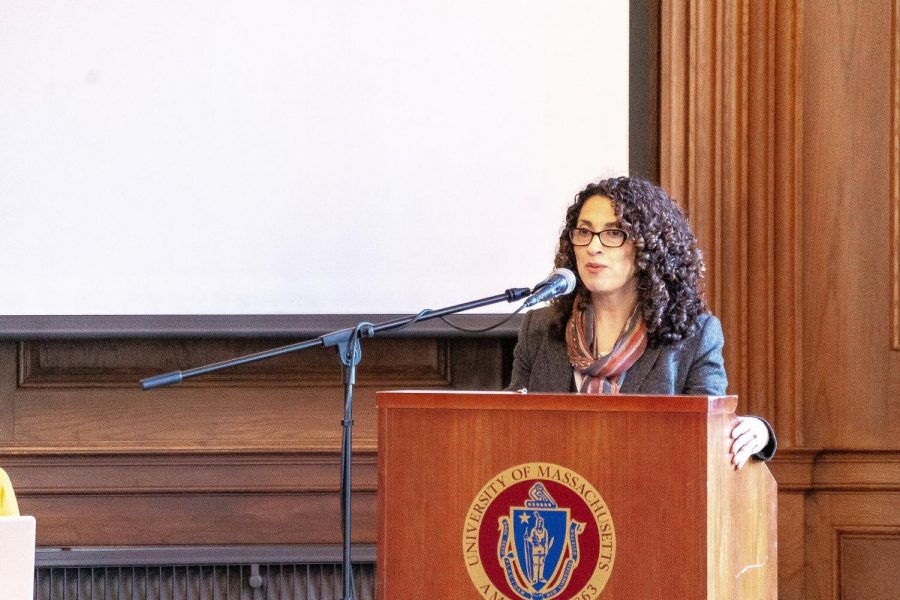






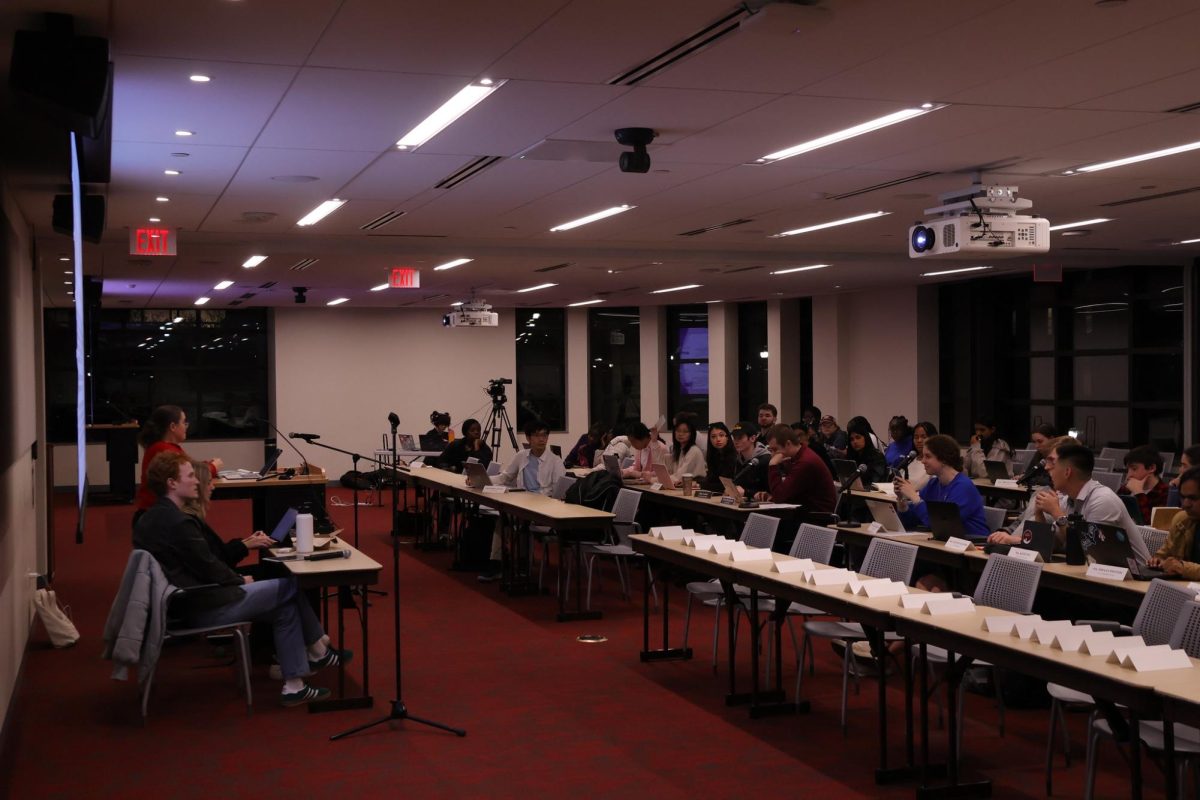
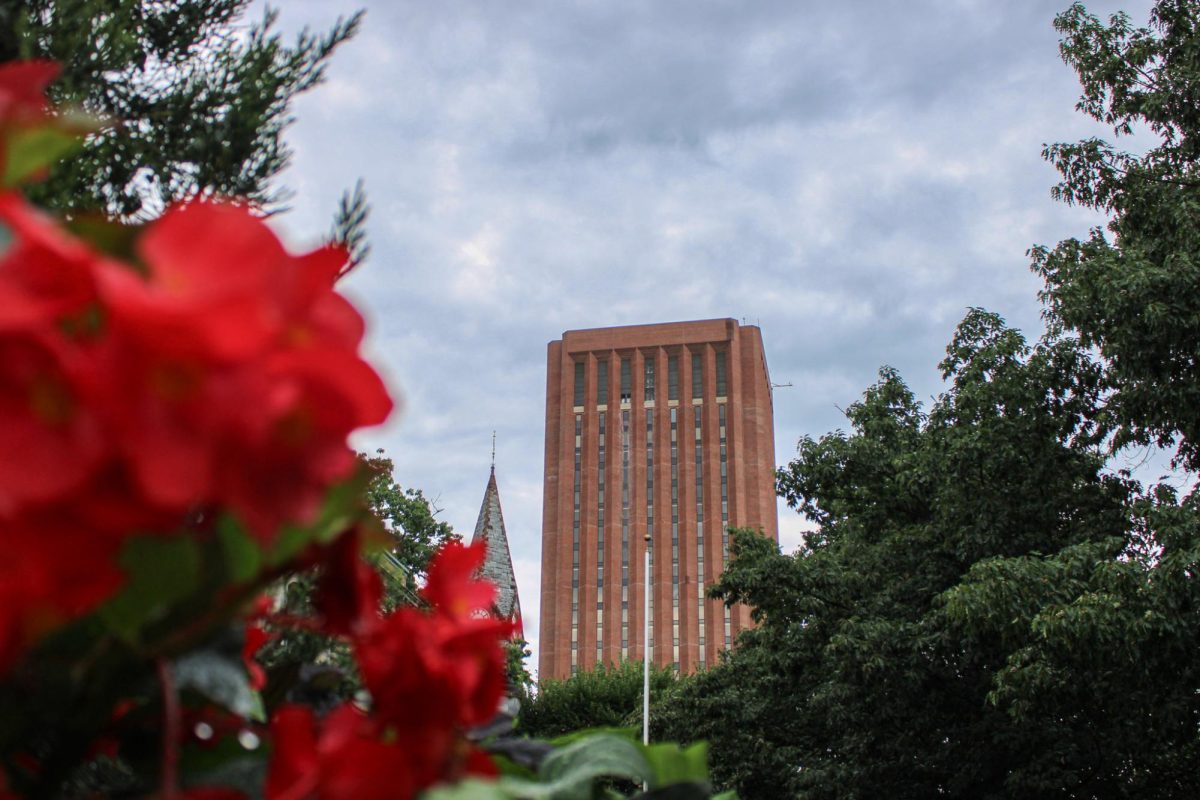


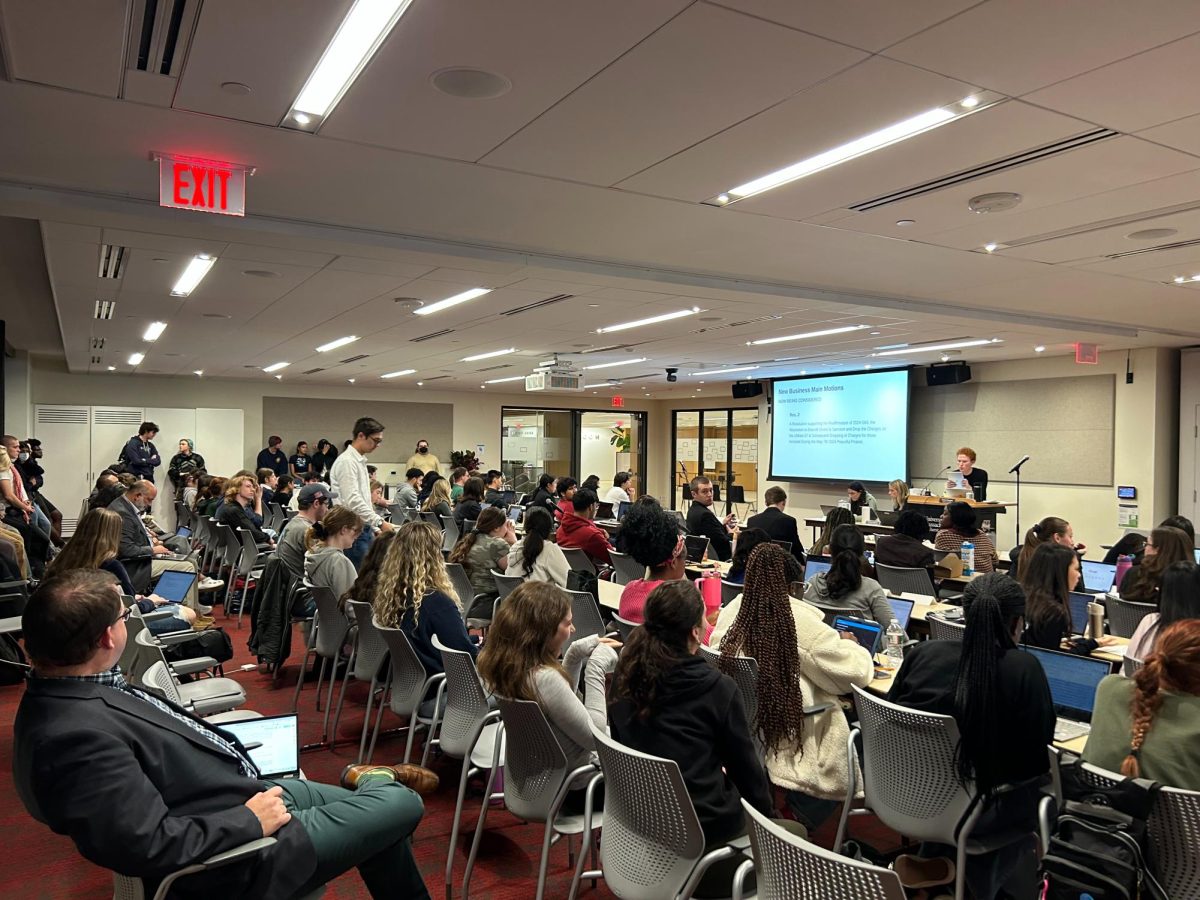
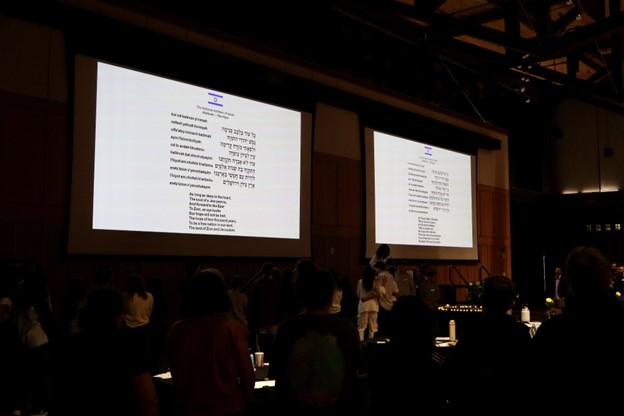





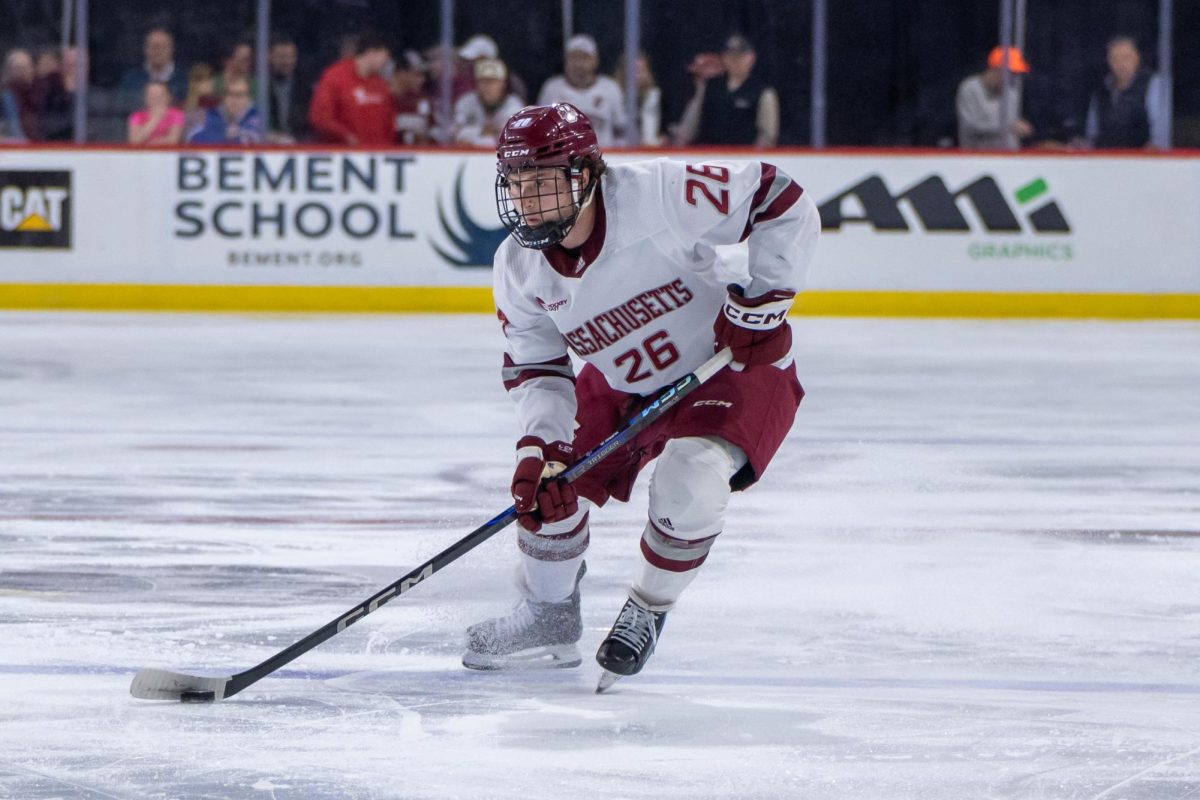
NITZAKHON • Apr 7, 2019 at 1:43 pm
Just recently in Nigeria, Muslims attacked two villages, raping and killing a Christian woman.
Christian Woman Raped, Killed as Herdsmen Attack Two Villages in Nigeria
https://morningstarnews.org/2019/03/christian-woman-raped-killed-as-herdsmen-attack-two-villages-in-nigeria/
They burned down 28 homes. Where is the outcry from you?
In Kenya, an attack by Islamist gunmen targeted Christian students and 147 were slaughtered.
Kenya attack: 147 dead as Islamist gunmen target Christian student
https://www.telegraph.co.uk/news/worldnews/africaandindianocean/kenya/11513626/Kenya-attack-147-dead-as-Islamist-gunmen-target-Christian-students.html
Where were the vigils, lectures, forums, and townhalls for a death toll over THREE TIMES higher than New Zealand? Where was the campus-wide soul searching on “Christianophobia?”
Or is it just good, old-fashioned racism – the bigotry of low expectations – that doesn’t hold Muslims to the same standards white / western people are held to?
timothy • Apr 4, 2019 at 9:13 am
“islamaophobia’ is often rational. Muslims and Islam is arguably the most violent society and culture the world has ever seen. Their society/culture/religion started with violence, with a violent founder who spread his religion with war and terror.
Over 90 percent of terrorists attacks worldwide and has been this way for decades are by muslims and muslims terrorists; poll data that show around 25-40 percent of muslims support terrorism, countries with large muslims populations have regular terrorism like India, Philippines, Europe. The united states has largely limited terrorist attacks and none so far with Trump although they were common under Obama and none under bush, but that’s largely with the exception of one president he united states’s zero tolerance towards terrorism. It goes without saying the extraordinary violence, turmoil, civil war and strife in Islamic countries. Even ignore terrorism for a second between muslims and muslims, most islamic countries have barbaric death penalties for homosexuals and ‘apostates’ or non-muslims and engage in barbaric savage acts like cutting a person’s hand of if they commit theft.
This panel was a disgrace and a shame because it hides the truth and offers no real solution. The emphasis is placed on ‘society’ to not be ‘afraid’ of muslims/islam which would solve nothing, it would not stop a single terrorist attack . In some instances the fear is indeed rational, it is not wise or safe to go to a Muslim country and particularly if your a homosexual I would be very afraid considering their open and well-known violent bigotry towards those who are gay.
Second the emphasis needs to be placed on the actual problem and culprit, Islam.. It’s 21st century, Islam has had centuries to reform and now emphasis should be placed for Islam to reform and there is some talk of this. They need to learn how to assimilate into western civilization, how to adapt, how to not be violent, how to follow the law, how to not kill homosexuals, how to not kill apostates, how to be tolerant, how to be open, how to not oppress their women, how to adopt peaceful responses to disagreement or conflict, how to stop practicing child marriage and along with that likely pedophilia, etc.
Islam is never going to stop being violent until it changes, a ‘fear’ of Islam either rational or not does not really matter and if that fear exists or not will not stop the horrendous volume of violence by Islamic societies, people and culture.
NITZAKHON • Apr 4, 2019 at 6:50 am
It’s not a phobia when you look at the history of Islam as the greatest murder machine in human history…
https://www.americanthinker.com/articles/2014/05/the_greatest_murder_machine_in_history.html
And you grasp that the Koran is actually a conquest manual; over 80% of it is not about morality, it’s about how to handle / deceive / conquer kaffirs:
Is Islam a Manual for World Domination? Dr Bill Warner
https://youtu.be/hCUZE_2S5aQ
And yes, they have a plan:
Radical Islam: The Plan to Destroy America from Within: Infiltration (2011).
https://www.youtube.com/watch?v=PFO1AtjoUoo